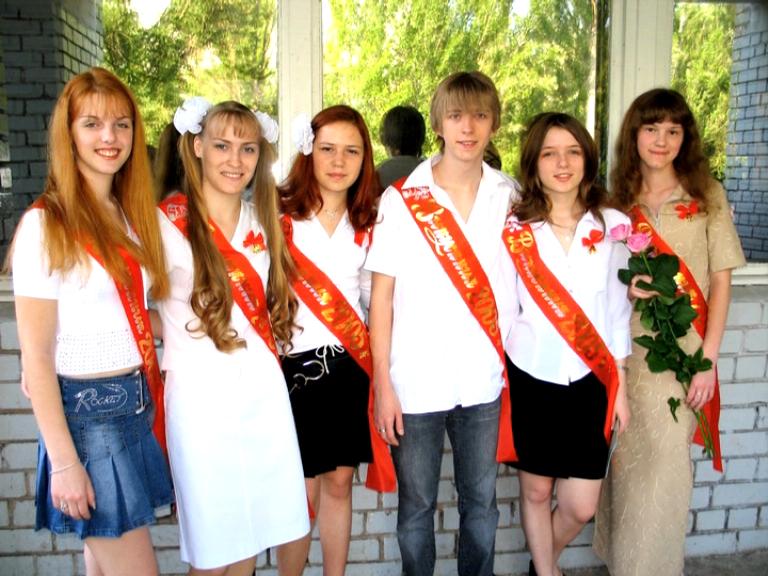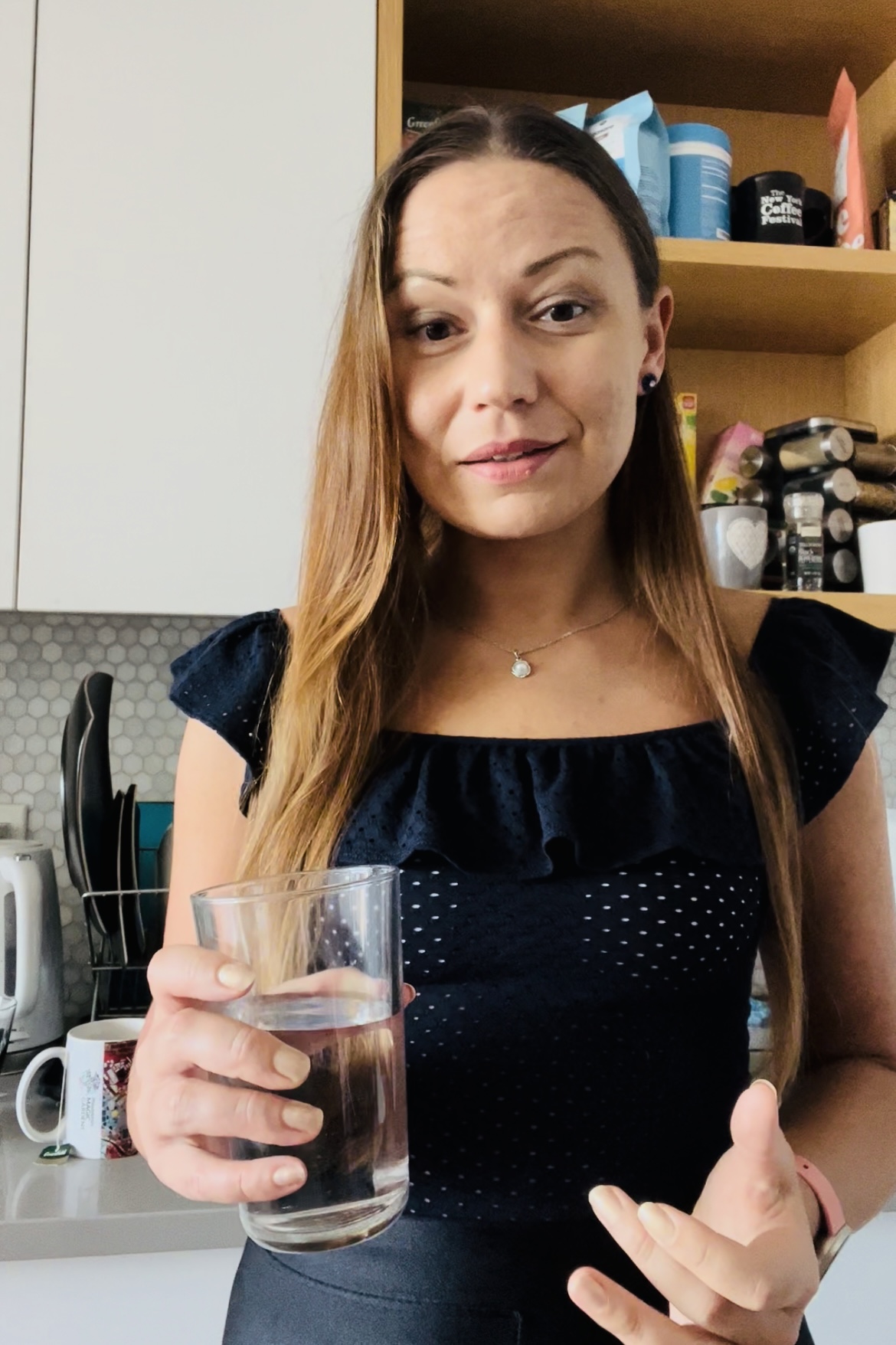Emotional trauma related to corruption and the pressure to give a bribe can be deeply distressing, affecting one’s mental and emotional well-being. This experience often involves feelings of powerlessness, guilt, anger, and shame, which can lead to long-term psychological effects. Until recently I didn’t realize how deeply I was personally impacted by the culture of corruption and bribery… It got me thinking, and I’d like to share some of my experiences and findings with you. Many of us may not pay attention to such instances, but they contribute or rather take away from our mental health a lot.
Where Did It Even Come From?
One of the repeated patterns in my childhood was the necessity to give gifts and bribes to people who provided different services, in my case it was mostly doctors and medical staff or teachers. Sometimes we would present those gifts for birthdays and major holidays, and it seemed more acceptable by my mind. But when I clearly knew I needed to give smth to get a better service or be treated well (=being worthy), it would drive me to a panic attack. Not to mention it wasn’t easy for me to find the right words to start that kind of a conversation as a child.
Unfortunately since I was born and grew up in the post Soviet Union society, corruption, bureaucracy and bribery have accompanied my life all along. They were so deeply normalized as a society standard that it wasn’t appreciated as a goodwill gesture (albeit already borderline or actually illegal), but it was expected as a mandatory contribution to receive a service of a decent standard (and don’t even get me started on surgeons and midwives “expecting” large sums of money from patients “if they wanted everything to go smoothly”).
But It Got Much Worse For Me
Another major scenario of corruption in our society was “getting accepted” into certain institutions or for certain career positions (that’s where “connections” meant everything). In my experience the most traumatic case was my acceptance into the university. I did everything I could to be ready when the time comes: I was a straight A student with honors, national contest wins, experience studying abroad and graduating from one of the best schools in the area. I went above and beyond. But as the admission committee started its work (and long story short – I applied only to one school), grading exams and deciding our fates, I realized I did not have enough points to get a full scholarship. And that was pretty much my only way of getting higher education. I couldn’t believe my eyes and ears, my Mom was devastated. The dream was crushed…
Story with a Happy End (Kind of)
Eventually we found a solution: I enrolled into my freshman year at 50% scholarship due to my results from high school graduation, and after the first year my dean transferred me to a full scholarshiop program (as luck would have it, quite a few student who got full scholarship didn’t even make it to the end of the first year and dropped out). I never had to pay for my higher education again (including Master’s program). But that elephant in the room remained living in my head: I could not understand what happened with the initial enrollment (I knew I did very well on my exams and an interview), and since I had high respect for my dean and other professors I didn’t want to believe the obvious.
That clarity came years after graduation, when one of the professors who was on the admission board told me in a candid conversation that “they couldn’t give me a full scholarship, there was no way even though they wanted to”. In other words, all the spots had already been taken paid for.
Adding Insult to Injury
There was so much branching out from the above story, events and situations around it were traumatic for my self-esteem, trust in people in academic authority, and anxiety about future path in life. One of them was that some students who were “lucky” to get scholarships in the first place, were close to me, became my friends. But I never had courage to raise such a a topic with them.
Reference To The Current Reality
Recently this topic came back to my mind. I think partly because of the Ukraine-Russia war, and the imposed sanctions for athletes from Russia – during the Olympics that just took place in Paris, and in the context international ballroom dance competitions (as a dancer I follow this industry). The whole concept of Russian athletes being victims of the situation (and actually being watched and judged by their own authorities in Russia as well) led me to reframing this context and finding ways to shine, while also understanding the gruesome Russian society reality. It’s pretty much impossible to continue building a successful career in professional sports in Russia these days without connection to the government and related organizations, so there’s no “staying neutral”, “being above the war”, etc.
I did a deeper dive into my own pain, and couldn’t but put together some food for thought for you.
Key Aspects of the Corruption/Bribery Trauma
- Powerlessness. The feeling of being trapped in a situation where you are forced to participate in corrupt practices, often with no real choice, can be deeply unsettling. This can lead to feelings of helplessness and vulnerability.
- Guilt and Shame. Even if coerced, involvement in corruption can leave a person feeling guilty or ashamed. The internal conflict between one’s moral values and the reality of the situation can be damaging to self-esteem and self-worth.
- Anger and Resentment. Pressure of giving a bribe can generate intense anger and resentment, both towards the individuals involved and the system that allows such practices to thrive. This anger can sometimes be internalized, leading to further emotional distress.
- Fear and Anxiety. The fear of repercussions, whether legal, social, or professional, can lead to chronic anxiety. This fear can persist long after the situation has passed, leading to ongoing stress.
- Erosion of Trust. Experiencing corruption can erode trust in institutions, authorities, and even personal relationships. This loss of trust can contribute to a sense of isolation and cynicism.
- Long-Term Effects. The trauma associated with corruption can have long-term effects, including depression, anxiety disorders, and post-traumatic stress disorder (PTSD). It can also impact personal and professional relationships, leading to social withdrawal or difficulties in maintaining trust.
Coping Strategies for Corruption Scenarios
The issue in question is quite a sensitive topic, and your sense of freedom of response may vary depending on the culture and society standards in your country. I recommend caution in applying specific means from the list below. But remember that there’s ALWAYS a choice, and not taking action or dealing with your trauma is also a choice.
- Seeking Support. Talking to a trusted friend, counselor, or therapist can help in processing these emotions. Professional therapy can be particularly beneficial in dealing with deep-seated trauma.
- Mindfulness and Stress-Reduction Techniques. Practices such as meditation, yoga, or breathing exercises can help in managing anxiety and stress.
- Advocacy and Action. Sometimes, taking a stand against corruption, whether through legal means, activism, or supporting anti-corruption initiatives, can empower individuals and provide a sense of control and purpose.
- Legal Recourse. In some cases, seeking legal advice or reporting the incident to relevant authorities can help in addressing the situation and potentially prevent it from happening again.
- Self-Compassion. It’s important to practice self-compassion and recognize that pressure to enter a corrupt situation does not define your character. Understanding that you were in a difficult situation and that your actions were influenced by external pressure can be a vital step in healing.
Healing Trust Issues
In my view the most crucial impact from corruption/bribery experience is losing trust in yourself and other people. Healing trust issues involves both psychological approaches and, for those who are inclined, esoteric practices. The combination of these methods can help rebuild trust in oneself and others. Here’s a breakdown of approaches in both fields:
Psychological Approaches
- Therapy and Counseling:
- Cognitive Behavioral Therapy (CBT): Helps identify and change negative thought patterns that contribute to distrust.
- Trauma-Focused Therapy: For trust issues rooted in trauma, therapies like Eye Movement Desensitization and Reprocessing (EMDR) can be effective.
- Couples or Group Therapy: Useful in rebuilding trust in relationships by fostering open communication and understanding.
- Self-Awareness and Reflection:
- Journaling: Writing about your feelings and experiences can help you process and understand the roots of your trust issues.
- Mindfulness Practices: Staying present and aware of your thoughts and emotions can reduce the automatic reactions that lead to distrust.
- Gradual Exposure:
- Slowly exposing yourself to situations where you need to trust others can help rebuild confidence. Start with low-risk situations and gradually increase the level of trust required.
- Building Self-Trust:
- Trusting yourself is a fundamental step. Engage in self-care practices, set and achieve small goals, and practice self-compassion to build confidence in your own judgment.
- Open Communication:
- Whether in personal relationships or professional settings, fostering open and honest communication can help rebuild trust. Be clear about your feelings, boundaries, and expectations.
Esoteric Approaches
- Energy Healing:
- Reiki. A form of energy healing that can help clear blockages related to trust issues, promoting emotional balance and healing.
- Chakra Healing. Heart chakra is associated with love and trust, focusing on it can help in opening up and releasing past wounds.
- Crystals:
- Rose Quartz. Known as the stone of unconditional love, it helps in healing the heart and restoring trust in relationships.
- Amethyst. A stone of protection and purification, it can assist in releasing negative patterns that contribute to distrust.
- Meditation and Visualization:
- Trust-Building Meditation. Visualize scenarios with building trust, focusing on positive outcomes. Guided meditations specifically designed to heal trust issues can be very effective.
- Affirmations. Repeating affirmations like “I am safe to trust” or “I trust myself and others” can help rewire the subconscious mind.
- Astrology:
- Astrological Insights: Analyzing your birth chart may reveal patterns related to trust issues. For instance, challenging aspects between Venus and Saturn can indicate struggles with trust. Understanding these patterns can be a step towards healing.
- Rituals and Ceremonies:
- Letting Go Rituals. Creating a ritual to release past hurts, such as writing down fears and burning the paper, can symbolize letting go of old distrust.
- Cleansing Baths. Spiritual baths with herbs like rosemary, lavender, and rose petals can help cleanse emotional blockages and promote trust.
Integrating Both Approaches
- Combining Therapy with Esoteric Practices. Using psychological techniques like CBT alongside esoteric practices like meditation or energy healing can provide a comprehensive approach to healing trust issues.
- Daily Practices. Integrate small daily practices such as mindfulness, affirmations, and energy work to create a consistent healing process.
- Community Support. Engage with communities that focus on both psychological and spiritual growth. Being part of a supportive group can help in rebuilding trust.
Please stay patient while doing inner work on the above, and remember: it’s not your fault! But there’s something you can do about such destructive events/examples from your life, at least for the sake of your own mental health.
Recommended Reading
“The Courage to Trust: A Guide to Building Deep and Lasting Relationships” by Cynthia Lynn Wall.
“The Four Agreements: A Practical Guide to Personal Freedom” by Don Miguel Ruiz.





I did not have a full scholarship the 1st year I applied too. Spend a year at home. The 2nd time i applied, it was the 1st year the external independent assessment was introduced, and I got my place and scholarship. It never occurred to me why I did not get in the 1st place. It was good I was naive enough
Yes, sometimes not knowing keeps us on track, without giving up or losing self-esteem. Then eventually knowledge comes when we’re ready for it, and helps get closure on a past situation.